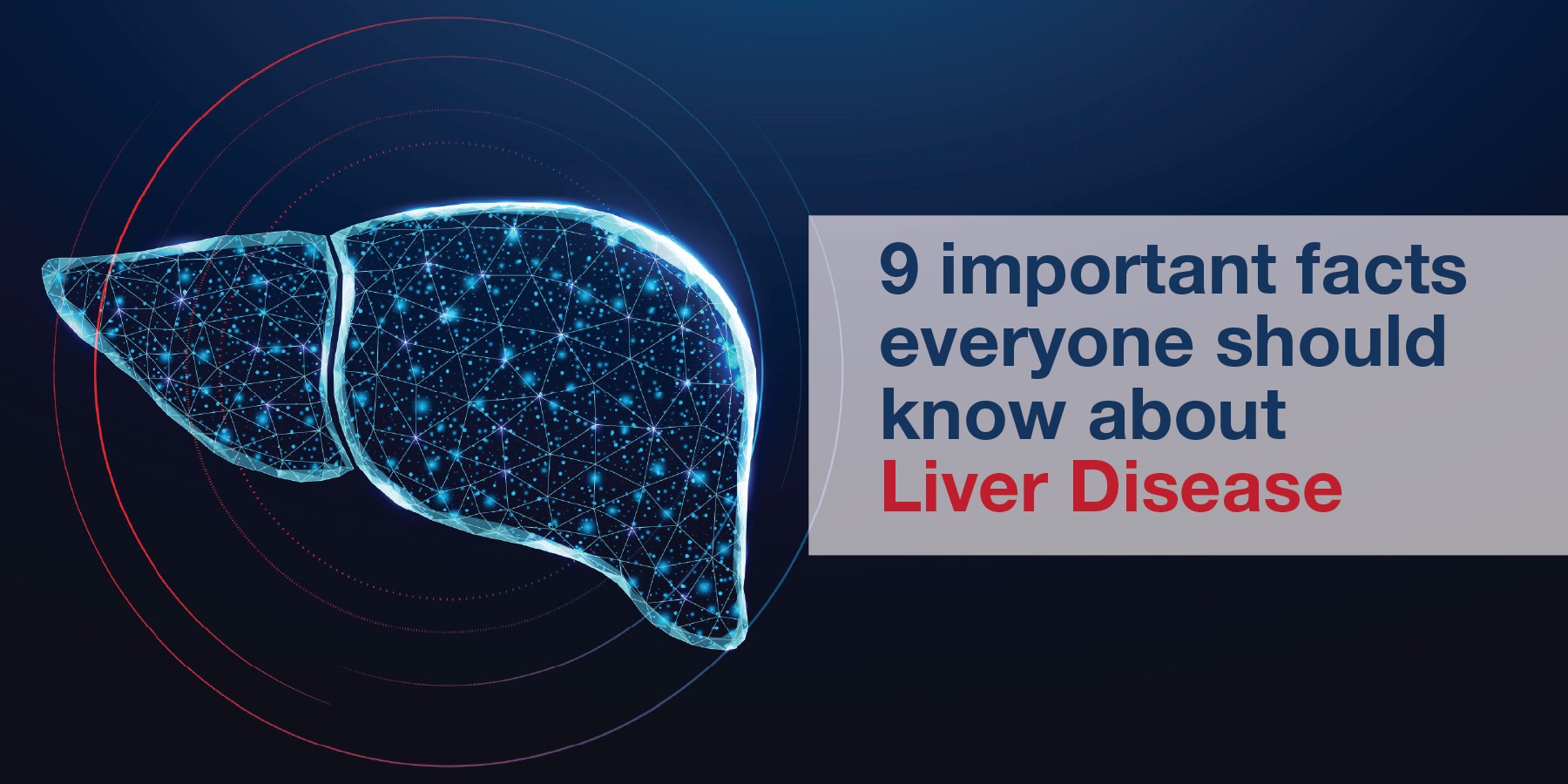Hospitals provide a comprehensive and multidisciplinary approach to the treatment of irreversible liver disease, resulting in outstanding patient survival and quality of life outcomes. Our team includes transplant surgery, transplant anesthesia, transplant pharmacy, hepatology, gastroenterology, cardiology, pulmonary medicine, nephrology, psychiatry, immunology, infectious diseases, hematology/oncology, pathology, specialized nursing, transplant coordination, nutrition, and organ procurement specialists, and is constantly supported by dedicated operating rooms, intensive care units, and other high-tech infrastructure and equipment required for such collaboration. You must contact the doctor about the Best Liver Transplant Hospital in Kondapur or the Top Transplant Hospital in Kondapur.
But before knowing about the Liver transplant surgeon in Hyderabad and the Best Liver transplant Doctor in Hyderabad some other essential things to know about. The Institute of Gastroenterology and Hepatology offers patients cutting-edge, comprehensive care in the prevention, diagnosis, and treatment of gastrointestinal illnesses. There are numerous illnesses that impact the digestive system's various organs, including benign and malignant tumors, inflammation, infection, hernias, ulcers, and various hereditary and anatomical problems. The degree of the disease and the organ affected determine how the ailment is diagnosed and treated.
Liver Transplantation Centre Details
The Best Liver Transplant Hospital in Kondapur or the Top Transplant Hospital in Kondapur varies from place to place. So before getting the treatment, you must know the Liver transplant surgeon in Hyderabad and the Best Liver transplant Doctor in Hyderabad. Our board-certified gastroenterologists and hepatologists treat diseases of the esophagus, stomach, pancreas, biliary system, liver, colon, and rectum, including complex conditions like gastroesophageal reflux disease, Barrett's esophagus, cancer of the esophagus, pancreas, and colon, and inflammatory bowel disease, viral hepatitis, fatty liver, alcoholic liver disease, chole They also collaborate closely with other departments.
The surgeon takes your liver and replaces it with a donor's liver. The surgeon will then attach your blood vessels and bile ducts to the donated liver. Depending on your situation, surgery can last up to 12 hours. Once your new liver is in place, the surgeon will close the surgical wound with stitches and staples. There is discomfort following liver transplant surgery, although it is not as severe as it is after other abdominal surgeries. Because nerves are cut after the initial abdominal incision, the skin around the belly becomes numb. Over the next six months, these nerves rebuild, and sensation returns.
FAQs
1. How is a liver transplant performed?
A living-donor liver transplant is a surgery in which a part of a healthy living person's liver is removed and transplanted into someone whose liver is no longer functioning correctly. Within a few months of the surgery, the donor's remaining liver regrows and returns to normal size, volume, and capacity.
2. How long can a person live after receiving a liver transplant?
The long-term prognosis for a liver transplant is generally favorable. More than nine out of ten people are still living after one year, over eight out of ten people live at least five years, and many people live for 20 years or more.
3. Is it possible to live a regular life following a liver transplant?
. Recovering from a liver transplant can be a lengthy process, but most patients will be able to resume most of their daily activities and maintain a high quality of life. It can take up to a year to fully recover, but you should be able to gradually increase your activities after a few weeks.







